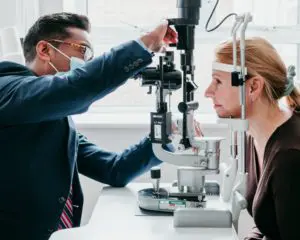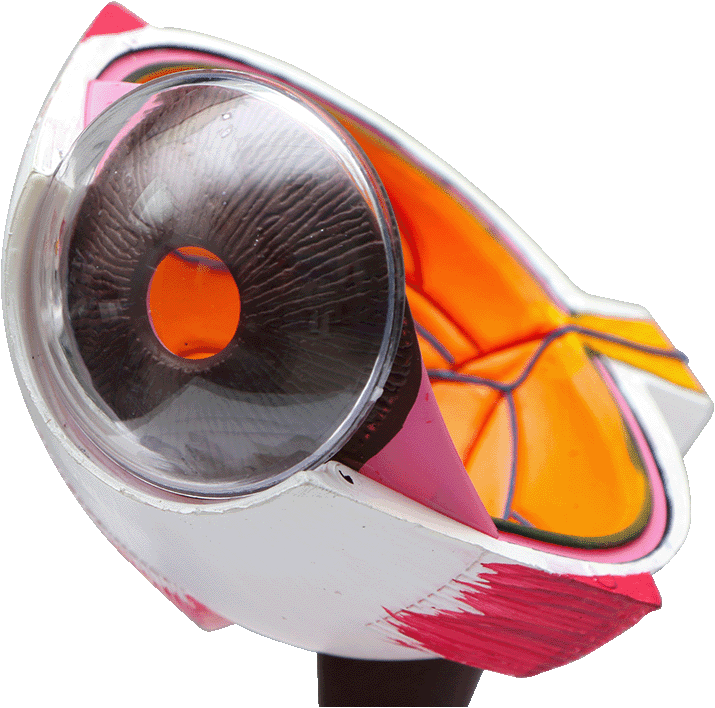 If you’re considering laser eye surgery, certain factors could disqualify you from undergoing treatment. Although many patients benefit from this type of vision correction, finding out if you’d be a suitable candidate before you begin paying for consultations or attending screening is worthwhile.
If you’re considering laser eye surgery, certain factors could disqualify you from undergoing treatment. Although many patients benefit from this type of vision correction, finding out if you’d be a suitable candidate before you begin paying for consultations or attending screening is worthwhile.
That being said, not all the limiting factors may be down to your personal circumstances. Choosing a reputable laser eye surgery clinic with experienced ophthalmologists and access to the latest technology and equipment can significantly improve your chances of being suitable for laser vision correction.
Why Choose Laser Eye Treatment?
Laser eye surgery can give you clearer eyesight without the need for glasses or contact lenses. If you’re suffering from blurred vision or you’re simply just tired of wearing glasses or contact lenses, laser eye surgery can be extremely beneficial.
Types of Laser Eye Surgery
LASIK (Laser-Assisted In Situ Keratomileusis) is the most well-known and widely performed type of laser vision correction. It’s an advanced technique that reshapes the cornea to improve focus, so it’s suitable if you are suffering from myopia (short-sightedness), hyperopia (long-sightedness), or astigmatism.
There are several other types of laser eye surgery beyond LASIK, each tailored to meet specific vision needs and individual circumstances. For instance, PRK (Photorefractive Keratectomy) is another common procedure where a thin layer of corneal tissue is removed before reshaping the cornea with a laser. Unlike LASIK, PRK does not involve creating a flap in the cornea but may require a longer recovery time.
Factors That Affect Your Candidacy For Laser Eye Surgery
Stable Prescription
If you have an unstable eyesight prescription, you may not be suitable for laser vision correction. Prescription stability is essential for effective laser eye surgery, as fluctuations can lead to less predictable outcomes. If your glasses prescription has changed significantly within the past year, it may indicate underlying issues that need addressing before considering surgical options.
Medical Conditions
Certain medical conditions could exclude you from being able to have lens surgery. Conditions such as rheumatoid arthritis, diabetes or immune disorders can affect healing and increase the risk of complications post-surgery. Similarly, those with high eye pressure or glaucoma may not be ideal candidates due to the potential risks involved.
Eye Health
Eye health will also play a part in determining your suitability for procedures like LASIK or lens replacement surgery. Certain eye diseases, such as glaucoma, keratoconus, or cataracts may require a different treatment such as refractive lens exchange or corneal transplant. If you have a history of eye infections or inflammation this will need to be investigated. Severe dry eyes could also impede your suitability for laser eye surgery.
Corneal Thickness
If you have thin corneas or irregularly shaped corneas you could face challenges; the excimer laser reshapes the cornea to correct refractive errors like short-sightedness (myopia) or astigmatism but requires adequate corneal thickness to do so safely.
Age
Most surgeons will only treat patients over 18 years old and whose eyes have fully developed. This is because your vision and prescription need to be stable before undergoing laser eye treatment to ensure a predictable result.
Pregnancy or Nursing
Pregnant women are generally advised against undergoing any elective eye surgery until after they have given birth and their hormonal levels stabilise. If you are breastfeeding, you may also be advised to wait until you are no longer nursing due to potential hormonal changes and the medications you may need to take.
Alternative Treatments for Vision Correction
If you have been told you’re not suitable for laser eye surgery, there may be alternative treatments to correct your vision.
These include:
- Lens replacement surgery
- Refractive lens exchange
- Corneal transplant
These treatments can give you similar results to laser eye surgery and could lessen your dependency on glasses and contact lenses.
Book a Detailed Assessment
If you’re still unsure if laser eye surgery would be suitable for you, the best thing to do is book a no-obligation consultation. A medical expert will carry out a thorough assessment to determine the best treatment option.
Expect to discuss your medical history and undergo an eye examination. It’s a good idea to go equipped with questions you’d like to ask your surgeon so that you know exactly what to expect from your procedure.
Book a no-obligation consultation with Laser Vision today.









